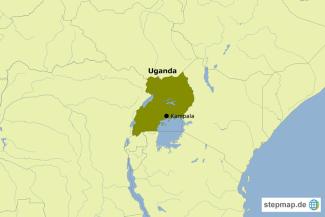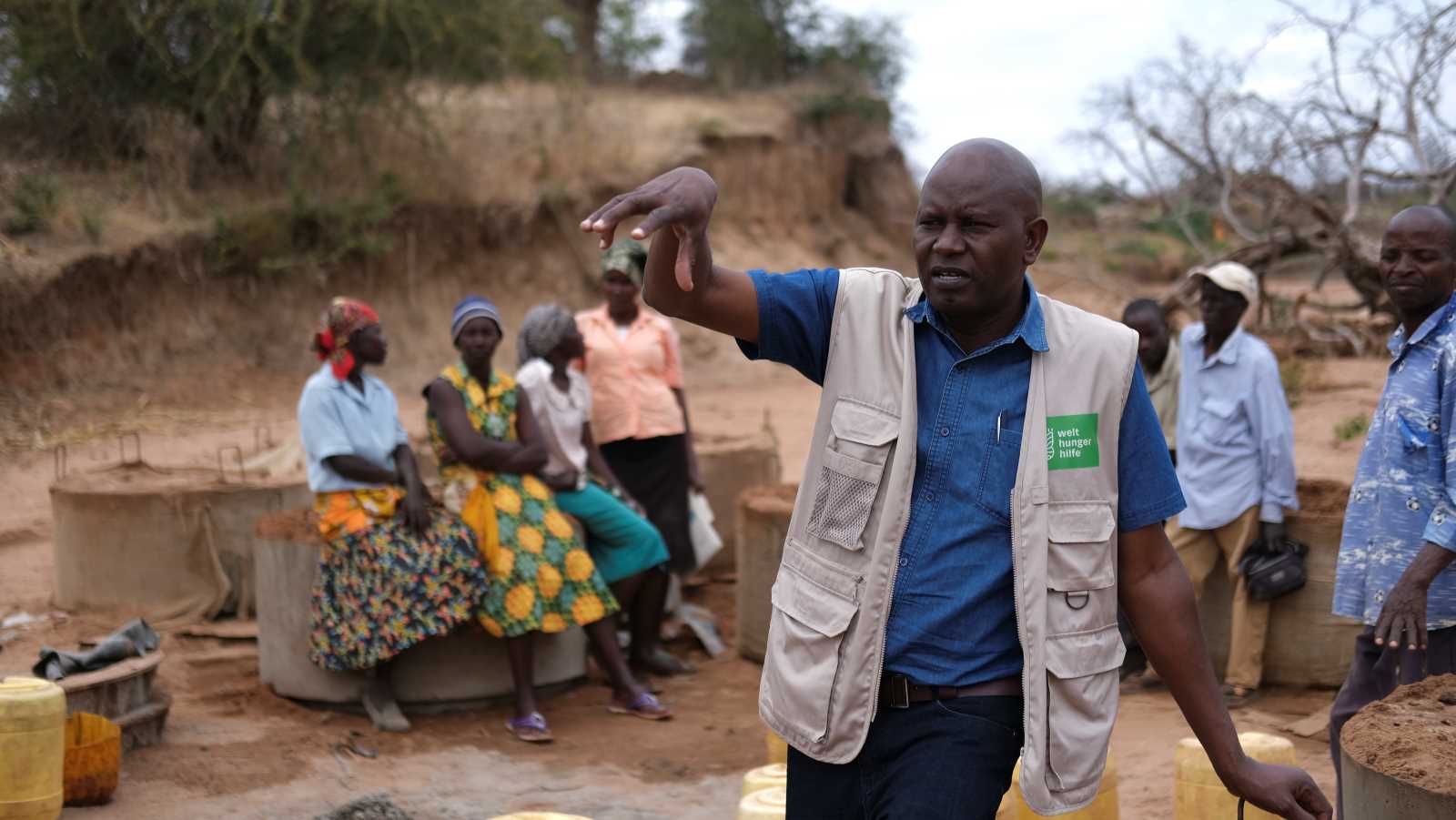Military affairs
Uganda’s Iraq-war veterans

Conelius is one of thousands of Ugandans who supported the US troops in the Iraq war. For poor men in Uganda, this was a once-in-a-lifetime job opportunity. “As a taxi driver, I used to earn less than the equivalent of $ 100 per month. In Iraq, I earned $ 2000 per month,” Conelius recounts. “I went there when I was 22 years old and stayed for five years.”
From 2005 on, Ugandan soldiers have been active in Iraq. The government sent them to Iraq. Many also worked as security guards. Companies such as Dreshak Limited recruited and trained Ugandans before they were sent to Iraq. About 25,000 Ugandan men and women have supported US-led operations in Iraq. According to the army, many have returned, but some are still in Iraq.
The Ugandan defence ministry maintains that the mission in Iraq has improved the personal wealth of the people concerned and boosted the country's foreign-exchange reserves, since many of them sent money back home. It is, however, not clear how many Ugandans are still in Iraq or how many were killed. Such information is kept away from the media.
Serving in Iraq was hard for Conelius. “Many of my friends were wounded; I saw people being killed. First, I was at the front. Later-on, we Ugandans were working as security guards.” He shows a photo of himself wearing a US uniform, as all Ugandan soldiers did. “In those years, I came home only once a year, for two weeks. I was married already; my wife cried every time when I had to leave. But I told her that this was necessary for me to earn money, in order be able to live a more comfortable life as a family later.”
The Ugandan government has recently announced it will soon start paying veteran soldiers a “commuted pension and gratuity”. This is a lump-sum that retired soldiers are constitutionally entitled to if they have served for at least nine years. The precise sum they will get depends on rank, time spent in the army and monthly pay at the time of retirement. According to the defense ministry, the new policy will help veterans re-integrate into productive civilian life.
Conelius made his way. He has three children; his wife works as an accountant. He owns a house, a business and even a plot of land where he plants rice and maize. He has come a long way from being an underpaid taxi driver. So despite the hard years as a soldier, he is grateful for the opportunity the US army offered to Ugandan soldiers: “Without going to Iraq, I would never have had the chance to open my own business.”
Gloria Laker Aciro is a former war reporter, now heading the Peace Journalism Foundation of East Africa. She lives in Uganda.
glorialaker@gmail.com
Twitter: @GloriaLaker











